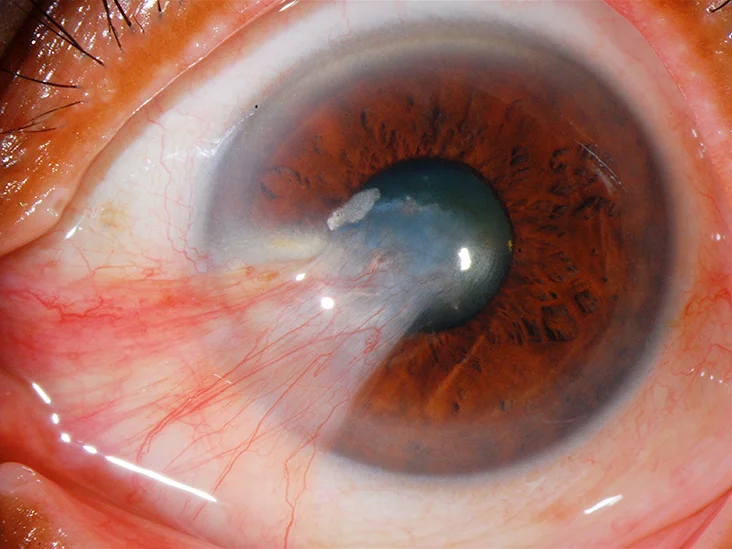Pasteur Eye Hospital
Eye Conditions
Contact Us

At Pasteur Eye Hospital, we prioritise your eye health, and it’s essential to stay informed about various eye conditions that can affect your vision. One such condition that we often encounter is pterygium. In this blog post, we’ll delve into what pterygium is, its causes, symptoms, and the treatment options available.

Pterygium, commonly referred to as “surfer’s eye” due to its association with prolonged exposure to sunlight and wind, is a non-cancerous growth of the conjunctiva, the clear tissue covering the eye’s white part. This growth typically starts on the inner corner of the eye and can extend onto the cornea.



At Pasteur Eye Hospital, we are committed to providing comprehensive eye care, including diagnosing and treating conditions like pterygium. If you are experiencing symptoms such as redness, irritation, or changes in vision, schedule an appointment with our skilled ophthalmologists for a thorough examination. Early detection and appropriate intervention can preserve your vision and enhance your overall eye health.
Pasteur Eye Hospital
Eye Conditions
Contact Us
© Copyright 2022 Pasteur Eye Hospital. All Rights Reserved.
No article or picture may be reproduced\published without the written consent of Pasteur Eye Hospital.
Managed with ❤️ by Cuberoo